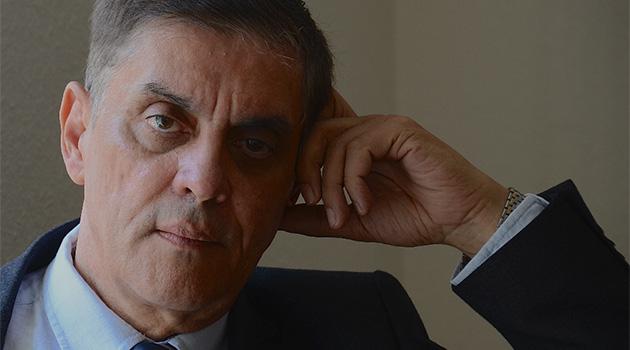LGBT+ members of Romani communities were part of Prague Pride this year, activists introduced program to aid people experiencing multiple discrimination

The Prague Pride festival opened on 2 August at the New Town Hall in Prague, Czech Republic with the flying of the rainbow flag and ends today. The festival aims to familiarize the public with the lives of lesbians, gays, bisexuals and trans people (LGBT+).
This 11th year of the festival offered 135 cultural, educational and entertainment events on the subject of coming out. The traditional parade through Prague was not held because of the COVID-19 pandemic.
The ARA ART association prepared a program focused on LGBT+ members of the Romani community. The program featured an information stand about ARA ART in the Pride Village on Střelecký ostrov, several musical performances, a panel discussion about discrimination against Romani people in the larger LGBT+ community, and a theatrical production.
“We are responding to a critical situation among the LGBT+ members of Romani communities, who constitute a minority that is targeted by different forms of disadvantage and multiple discrimination that exclude them from measures and policies on inclusion and integration. The peripheral position of these community members intensifies their vulnerability and increases the risk of their being subjected to hate speech, stigmatization, homophobia and total social non-acceptance,” said David Tišer, director of the ARA ART organization and author of its project to make LGBT+ members of the Romani community more visible, in a press release sent to news server Romea.cz.
These activities are taking place under the rubric of a project called Roma LGBT+ Goes Visible in Europe, which is exactly focused on mapping and solving the problems of those who face social exclusion on more than one level: Because of their different ethnicity, their different sexual orientation, and last but not least, due to the danger of their being excluded from communities and families whose traditional way of life and mindset do not permit the acceptance of a person who has publicly admitted to having a different sexual orientation. Tišer says such a person can end up entirely alone, with no opportunity to avail themselves of any kind of supportive environment, which in some cases can end with their becoming homeless or can have even more tragic outcomes.
Five-day workshop for LGBT+ Roma
The ARA ART association prepared several public activities for Pride Pride this year as well as a five-day workshop for a group of LGBT+ members of the Romani community. “Mostly young adults from all over the Czech Republic will be discussing the specifics of multiple discrimination under the guidance of lecturers and professionals in different fields all week, and above all they will be discussing what specific activities such excluded people need in order to live more dignified lives,” Tišer said.
On 2 August, ART ART also produced a concert on Střelecký ostrov in Prague by the Romano Zorba music group, featuring the brilliance of Roman Zorba Horváth, the Matiová sisters, and others.
CONCERT BY THE ROMANO ZORBA GROUP
Coming Out was Prague Pride’s theme this year
At the Kasárna Karlín venue, where this year’s Pride House was based, a production of Čirikloro, aneb co říká ptáček, [Čirikloro, or What the Little Bird Says], a fairytale on Romani themes, was performed on 3 August, and on 5 August the panel discussion on the subject of discrimination in the LGBT+ community against Romani people was held at that same venue. According to the organizers of Prague Pride, only about 18 % of those who are LGBT+ in the Czech Republic identify openly as being of a minority sexual orientation.
Coming out, or revealing one’s gender identity and minority sexual orientation to others, is a “constantly current subject”, according to the director of Prague Pride, Tom Bílý. He said “coming out” would be discussed as the festival’s overarching theme this year.
The aim was to communicate to the larger public what coming out involves, and invited guests shared their personal experiences with confiding to their loved ones that their gender identity and/or sexual orientation is different, or their experiences with declaring such an identification publicly, in order to inspire others with different gender identities or minority sexual orientations to come out too. The specifics of coming out among people living with HIV, Romani community members, or senior citizens were part of the program.
The first Prague Pride festival and parade was held in August 2011. At the time the event sparked loud protests by conservatives.
Conservatives alleged that the public display of such identity was “obscene”, a “tacky forcing” of what they called “homosexual ideology” on the public. That concept was used by then-Czech President Václav Klaus, who said he believed it was necessary to combat this phenomenon.
Protest actions against the festival in Prague gradually weakened over the years. According to organizers, the number of visitors to Prague Pride annually increased up until 2018, when as many as 92 000 people attended.
In 2019, there were 75 000 people attending Prague Pride, or roughly the same number as in 2015. Last year the program was significantly impacted by the COVID-19 pandemic.
The number of places available for in-person events was limited in 2020 and they were all broadcast live online. The traditional parade was not held, but a boat ride on the Vltava was organized.
